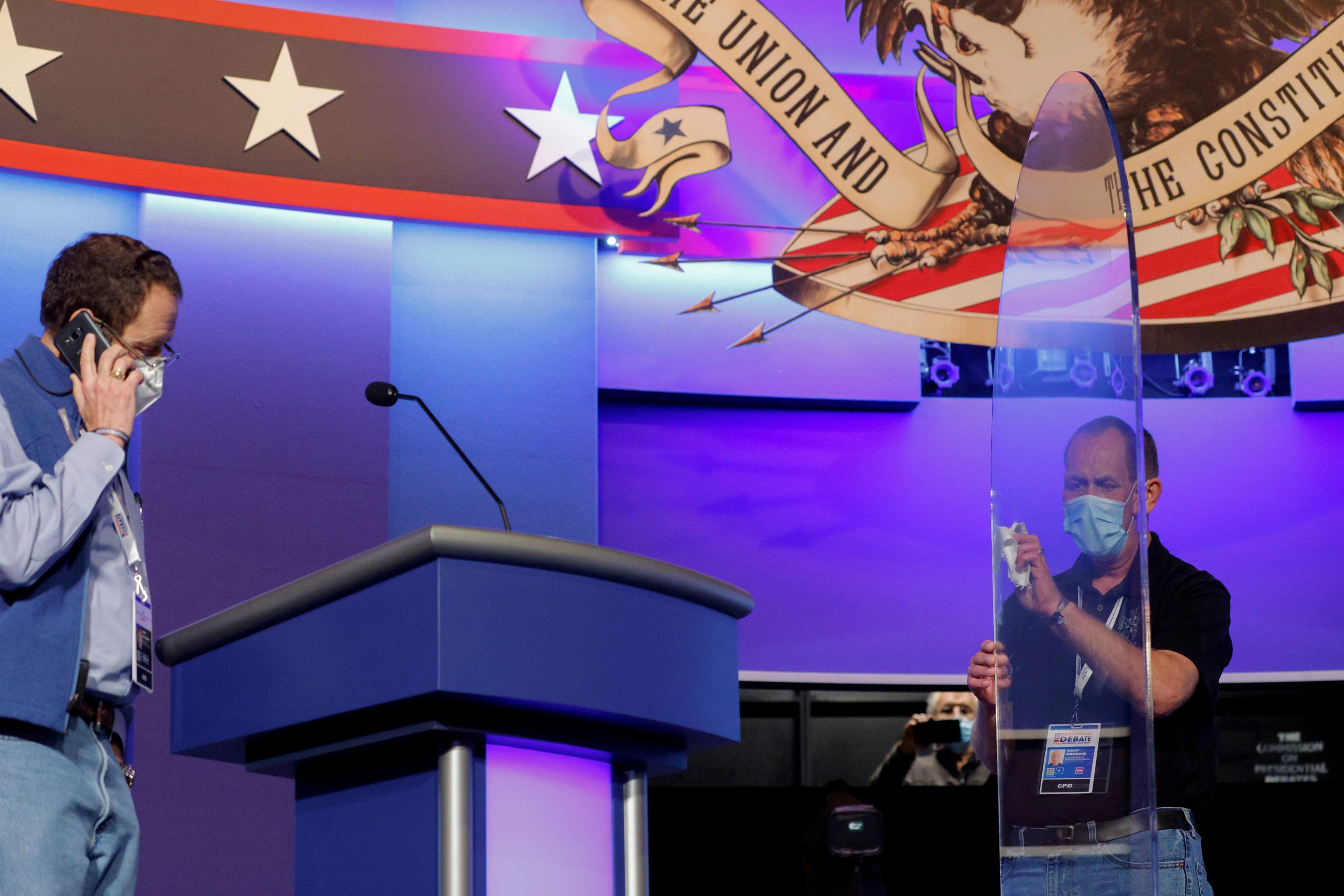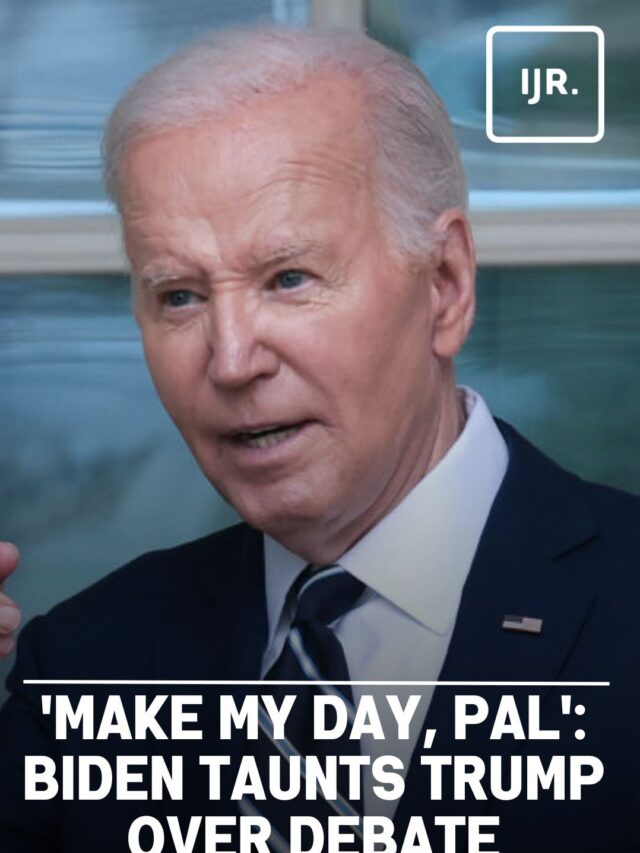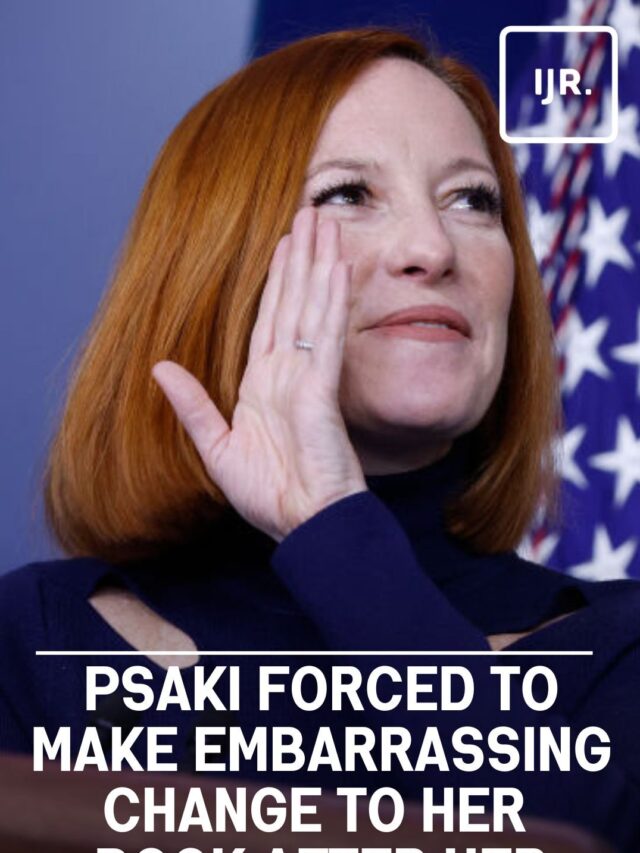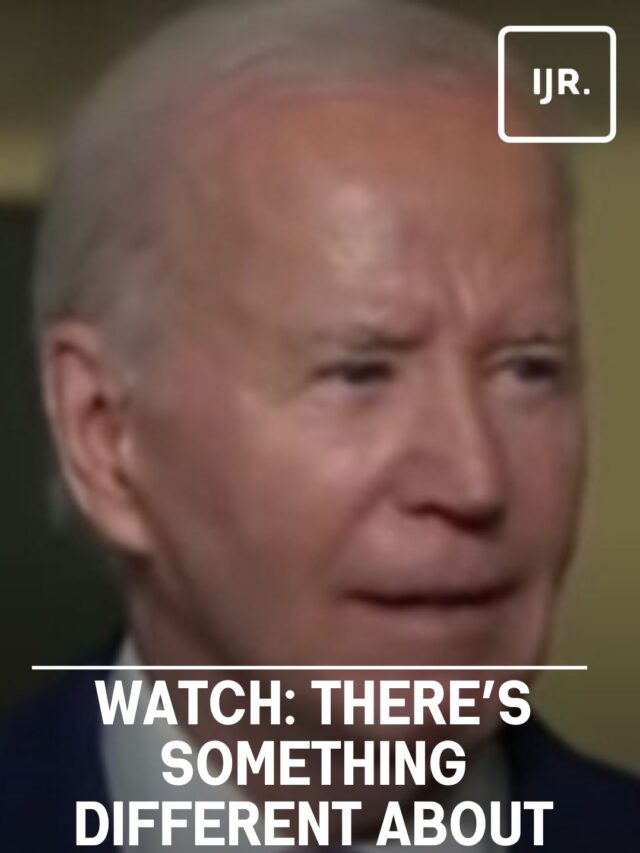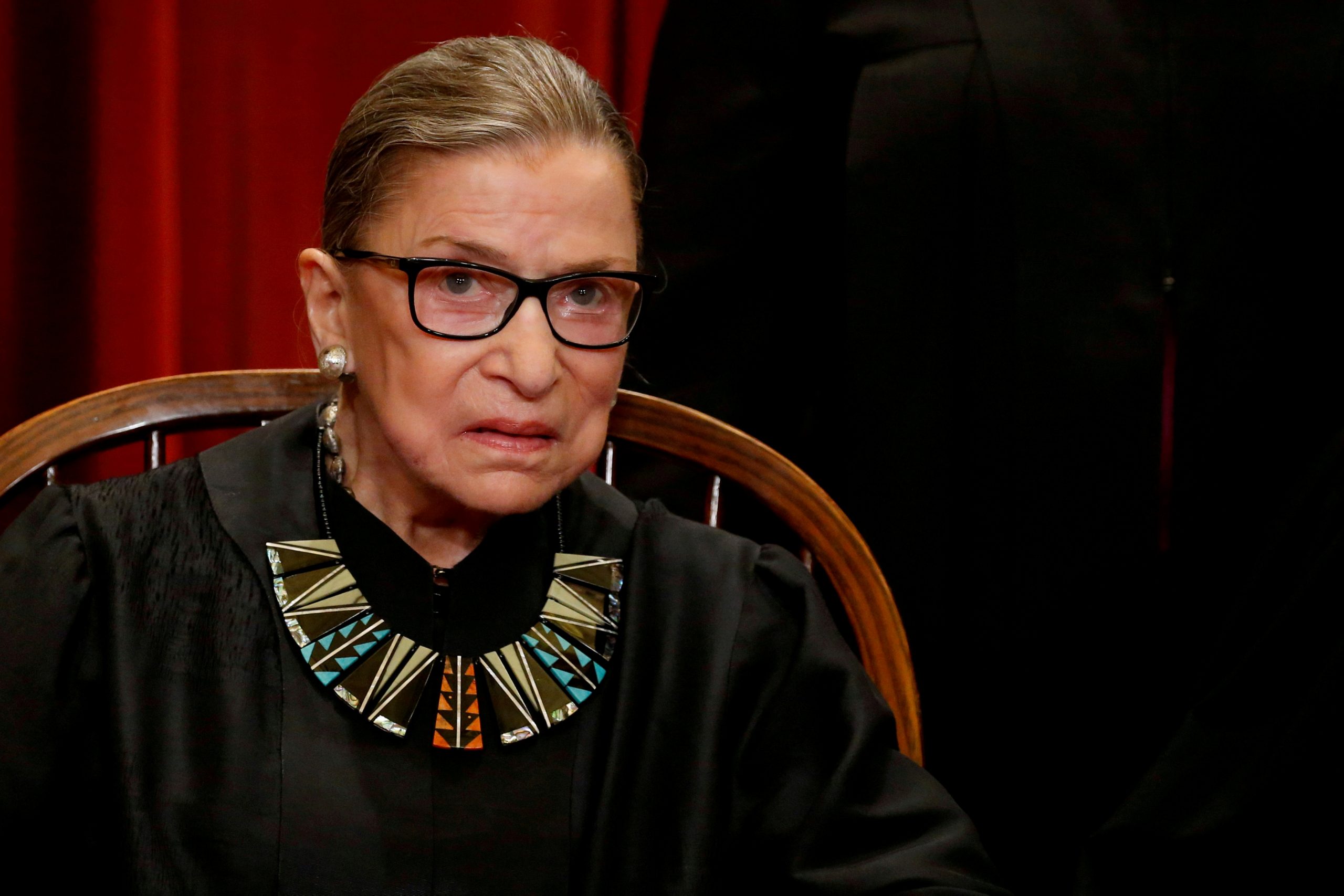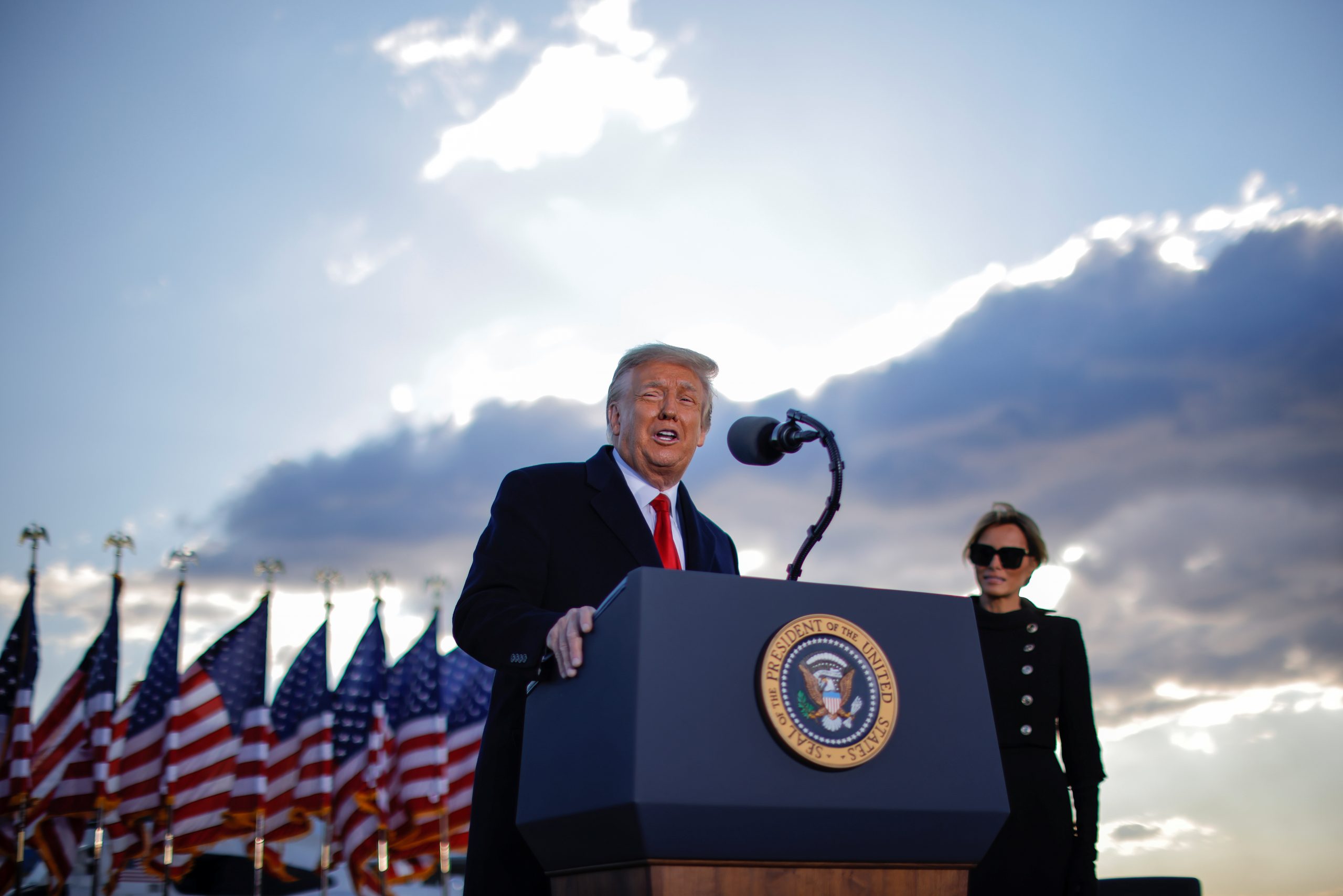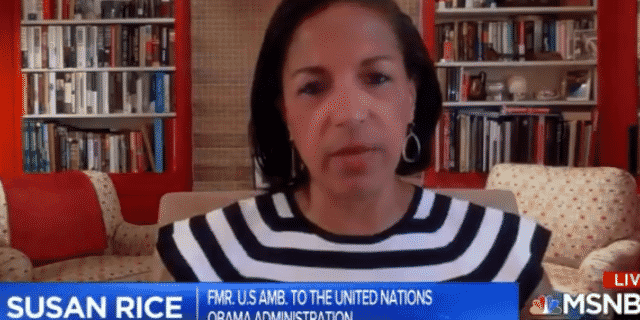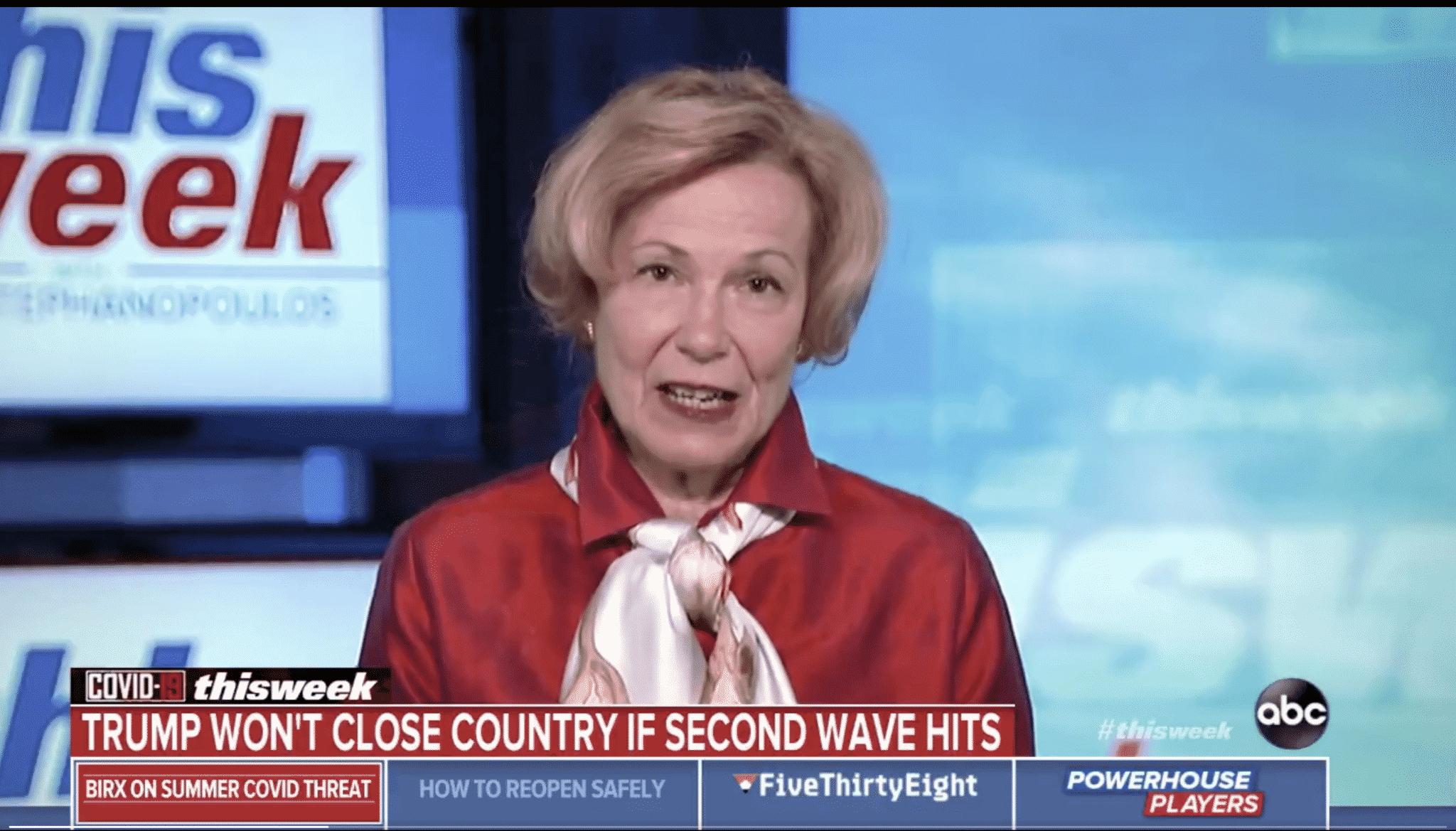President Donald Trump gets a final chance to make his case for re-election before a vast audience of Americans when he squares off against Democratic rival Joe Biden on Thursday in their last debate before the Nov. 3 vote.
The televised meeting comes as Trump badly needs to alter the trajectory of the race. He trails Biden significantly in national polls less than two weeks before Election Day, though the contest is much tighter in some key battleground states.
Opinion polls show there are relatively few undecided voters. A record 42 million Americans have already cast ballots ahead of the debate in Nashville, Tennessee, meaning Trump’s window to influence the outcome of the race may be closing.
The contentious first debate between Biden and Trump was watched by at least 73 million viewers. Trump passed up a second debate after it was switched to a virtual format in the wake of his COVID-19 diagnosis.
The illness kept Trump, a Republican, off the campaign trail for more than a week, and he has been furiously been trying to make up ground since, sometimes holding two rallies a day.
His travel schedule has been heavily focused on states, including Arizona, Florida, North Carolina and Pennsylvania, where polls show the race is the closest and where winning could allow him to squeeze out a tight victory in the U.S. Electoral College.
The latest Reuters/Ipsos poll showed Biden up by nine points nationally, down from 12 points during the first week of October. He retained a sizeable edge in the competitive states of Michigan and Wisconsin.
To make up ground in the debate, Trump likely will have to modify his behavior from the first face-off, in which he repeatedly interrupted Biden, attacked him personally and showed little respect for the moderator. Swing voters, particularly women, were turned off by his actions, post-debate polls and focus groups showed.
Michael Steel, a Republican who served as a top aide to then House Speaker John Boehner, said Trump needs to take a step back and give space for Biden to make mistakes.
“There is probably nothing President Trump can do in terms of attacking Biden that he didn’t already try in the first debate,” Steel said. “He now needs to rope-a-dope, laying back and acting presidential while needling Biden to flub – and flub badly.”
This time around, each candidate’s microphone will be switched off while his opponent makes his two-minute introductory statement on a topic, so as to give him uninterrupted speaking time. Both microphones will then be active for the discussion period that follows.
Debate topics will include the pandemic, race relations, climate change and national security. The Trump campaign argued that the entire debate should be focused on foreign policy.
“I think the mute is very unfair,” Trump told reporters on Wednesday. “And I think it’s very bad that they’re not talking about foreign affairs.”
Trump is expected to return to a line of attack that surfaced in the first debate, accusing Biden and his son Hunter Biden of unethical practices regarding Hunter Biden’s business dealings in Ukraine while his father was vice president. No evidence has been verified that support the corruption allegations by Trump and his aides, and Biden in the first debate called them false and discredited.
Beyond holding rallies, the president has been spending much of the week leading up to the debate looking to pick fights. He criticized his top expert on the coronavirus, Dr. Anthony Fauci, as well as NBC journalist Kristen Welker, who will moderate the debate. Welker will be the first Black woman to moderate a presidential debate in almost 30 years.
Biden spent the week off the campaign trail preparing for the debate. He is expected to continue to bash Trump’s handling of the pandemic with cases on the rise in several states, while arguing that the outbreak has had a disproportionate economic impact on low-wage workers.
The pressure will be on the former vice president to deliver a disciplined performance to appeal to the small sliver of voters who have yet to make up their minds.
(Reporting by James Oliphant; Additional reporting by Steve Holland; Editing by Colleen Jenkins and Gerry Doyle)
